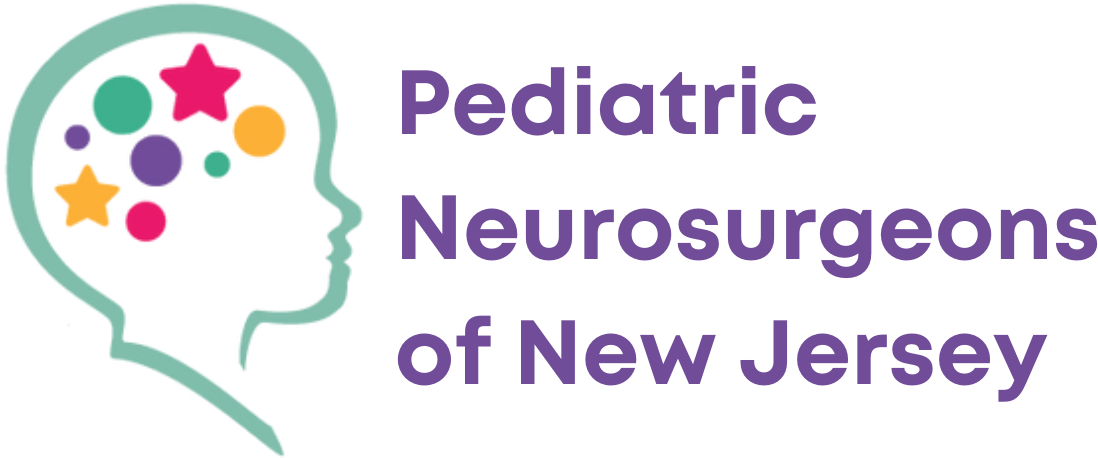Neurosurgical evaluation is a critical step in understanding and addressing complex neurological conditions. Board-certified neurosurgeon Dr. Vogel leads the team at Pediatric Neurosurgeons of New Jersey to curate comprehensive diagnostic plans to understand the root cause of neurological disorders. With a commitment to precision and compassionate care, we provide families with the answers and guidance they need to ensure their children’s well-being.
The Signs & Symptoms Necessitating Evaluation:
- Frequent or severe headaches, especially with other neurological symptoms.
- Recurrent seizures, particularly if they start suddenly or worsen over time.
- Unexplained changes in motor skills, such as weakness or loss of coordination.
- Reports of numbness or tingling sensations.
- Episodes of altered consciousness, including fainting, confusion, or lapses in memory.
- Sudden or progressive changes in vision, such as double vision or blurred vision.
- Defects in the child’s visual field.
- Speech problems, including slurred speech, difficulty finding words, or speech changes.
- Significant changes in behavior, mood, or personality without apparent cause.
- Persistent difficulty with walking, balance, or coordination.
- Any unexplained decline in neurological function, such as loss of motor skills.
- Delayed or atypical physical or cognitive development in children.
If you observe any of these signs or symptoms in your child, seeking a neurosurgical evaluation is essential for timely diagnosis and appropriate intervention. The expertise of professionals like Dr. Vogel can help determine the underlying causes and create tailored treatment plans to address neurological issues effectively.

The Evaluation
A neurosurgical evaluation is designed to diagnose and assess neurological conditions in children. Led by Dr. Vogel, a distinguished pediatric neurosurgeon, the evaluation begins with a detailed medical history review and a thorough physical examination. Depending on the specific concerns and symptoms, additional diagnostic tests may be recommended. These may include neuroimaging studies like MRI or CT scans to visualize the brain and spinal cord and electroencephalography (EEG) to assess electrical brain activity in cases of suspected seizures.
Personalized Care and Diagnosis
Following these assessments, Dr. Vogel and the team at Pediatric Neurosurgeons of New Jersey interpret the results and provide a definitive diagnosis. This diagnosis forms the basis for creating a personalized treatment plan tailored to the child’s unique needs. Throughout the process, the team’s focus remains on delivering compassionate care and ensuring that both the child and their family are well-informed and supported every step of the way.
Neuroimaging
Neuroimaging techniques like Magnetic Resonance Imaging (MRI) and Computed Tomography (CT) scans are fundamental in a neurosurgical evaluation. MRI provides detailed, high-resolution images of the brain and spinal cord, and CT scans help visualize bone and soft tissues, aiding in detecting fractures, tumors, or bleeding in the brain.

Electroencephalography (EEG)
EEG is a non-invasive test that records the brain’s electrical activity. It involves placing electrodes on the scalp to detect and measure brainwave patterns. EEG is essential for diagnosing conditions like epilepsy by capturing abnormal electrical discharges during seizures. It also helps monitor brain activity in patients with altered consciousness.
Neuropsychological Testing
Neuropsychological assessments are evaluations of cognitive functions, including memory, attention, language, and problem-solving abilities. These tests provide a deeper understanding of how neurological conditions impact a child’s cognitive and behavioral aspects and help guide interventions and therapeutic strategies to improve cognitive function.
Functional MRI (fMRI)
Functional MRI is a specialized MRI technique that measures changes in blood flow and oxygenation in the brain when a patient performs specific tasks. By mapping brain function, fMRI identifies critical areas responsible for tasks like speech, movement, or memory. This is invaluable in surgical planning, ensuring that essential brain regions are preserved.
Evoked Potentials
Evoked potentials involve measuring the brain’s electrical responses to sensory stimuli, such as visual or auditory cues. These tests assess the integrity of the nervous system and diagnose conditions like multiple sclerosis (MS). By evaluating the speed and strength of nerve signals, evoked potentials provide critical information for diagnosis and treatment decisions.
Cerebrospinal Fluid Analysis
In cases where neurological conditions involve infection, inflammation, or specific markers in the cerebrospinal fluid (CSF), a lumbar puncture or spinal tap may be performed. This procedure allows for the collection and analysis of CSF, aiding in the diagnosis of conditions like meningitis or certain autoimmune diseases affecting the nervous system.
Neurophysiological Monitoring
During complex neurosurgical procedures, real-time neurophysiological monitoring is utilized to assess the function of the nervous system. This may involve monitoring motor and sensory responses, electrical brain activity, or nerve conduction. Continuous monitoring helps surgeons identify and mitigate potential complications, ensuring the safety of the procedure.
These advanced diagnostic techniques facilitate the accurate assessment of neurological conditions in pediatric patients. Dr. Vogel and his multidisciplinary team leverage these tools to provide precise diagnoses and develop personalized treatment plans, ultimately enhancing the quality of care and improving outcomes for children with neurological challenges.
Schedule Your Consultation
Dr. Tim Vogel is a world-renowned pediatric neurosurgeon with an impressive track record of delivering compassionate and expert care. As a former Chief of Pediatric Neurosurgery at Joseph M. Sanzari Children’s Hospital, he has helped countless children overcome neurological conditions and lead fulfilling lives. Moreover, he has pioneered numerous minimally invasive treatments to improve outcomes for young patients with neurological deficits. Contact us today to arrange your consultation — we offer same-day and next-day appointments.

